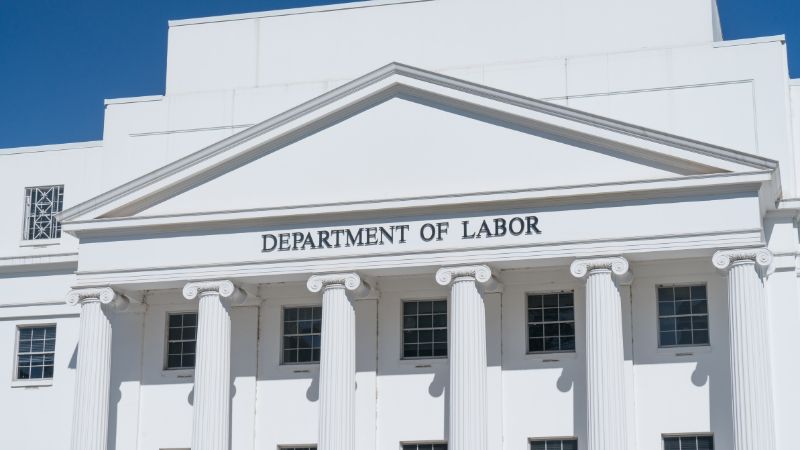Department of Labor Unveils Regulatory Agenda for 2023
Plan Sponsor Alert: Department of Labor Unveils Regulatory Agenda for 2023
SECURE 2.0 was signed into law on December 29, 2022, and makes sweeping changes to retirement savings plans. Before plan sponsors can take advantage of the many provisions in SECURE 2.0, the DOL will need to provide additional regulations and guidance on some of the provisions. In other words, there is more to come on SECURE 2.0.
In the meantime, the DOL is focused on 17 items recently released in its biannual regulatory agenda. Plan sponsors and other industry experts should pay attention to this agenda to be sure they understand how these changes may affect them—particularly in areas such as changes to the fiduciary rule, updates on pooled employer plans, and final rules on lifetime income illustrations.
In total, the Employee Benefits Security Administration (EBSA) listed three pre-rule stage items, nine proposed rule stage items, and five final rule stage items in its recently released regulatory agenda.
Pre-Rule Stage
- Improving Participant Engagement and Effectiveness: The DOL’s EBSA has been tasked with finding ways to improve retirement plan disclosures to enhance outcomes for employees. The EBSA will start by consulting with plan sponsors and other stakeholders to explore ways to improve such disclosures.
- Pooled Employer Plans: The SECURE Act of 2019 amended the Employee Retirement Income Security Act of 1974 (ERISA) to allow pooled employer plans to be a type of single-employer pension benefit plan. The EBSA will begin exploring the need for regulatory guidance to run these plans.
- Requirements Related to Advanced Explanation of Benefits and Other Provisions Under the Consolidated Appropriations Act of 2021: The EBSA is reviewing whether regulation or guidance is needed to ensure patients have transparency in their healthcare treatment options and expected costs before a scheduled service. Request for comments closed in November 2022 and an analysis is expected in April 2023.
Proposed Rule Stage
- Definition of the Term “Fiduciary”: The DOL is proposing to amend ERISA’s definition of fiduciary to more closely reflect today’s relationships between participants, service providers, and others who provide investment advice for a fee. This proposal has been carried over since the Spring 2021 regulatory agenda and has no timeline for completion.
- Improvement of the Form 5500 and Implementing Related Regulations: Working with the Internal Revenue Service and Pension Benefit Guaranty Corporation, the DOL intends to modernize the Form 5500 to make investment data more mineable. This proposal has been carried over since Fall 2021 and movement on it is expected by June 2023.
- Definition of Employer Under Section 3(5) of ERISA – Association Health Plans: The EBSA will explore whether to replace or remove its 2018 final rule that set alternative criteria when an employer association could act on behalf of an employer to create a multiple employer group health plan. Action on this is expected in March 2023.
- Adoption of Amended and Restated Voluntary Fiduciary Correction Program: The EBSA took public comments until January 20, 2023 on its plan to expand the scope of transactions eligible for self-correction.
Final Rule Stage
- Pension Benefit Statements – Lifetime Income Illustrations: The SECURE Act added a lifetime income illustration requirement for certain defined contribution plans. The final rule is expected to be released in May 2023.
- Prohibited Transaction Exemption Procedures: An April 2023 final rule is expected that would modify the DOL’s process for granting prohibited transaction exemption.
Independent Contractor Classification
Under the Wage and Hour Division agenda, the DOL announced that it expects to issue a final rule clarifying independent contractor status in May 2023. This ruling has been issued, delayed, and debated in court by the Biden and Trump administrations. The current administration believes the 2021 regulation does not reflect what is written in the Fair Labor Standards Act and will issue its updated rule to complement the law.
Contact Us

